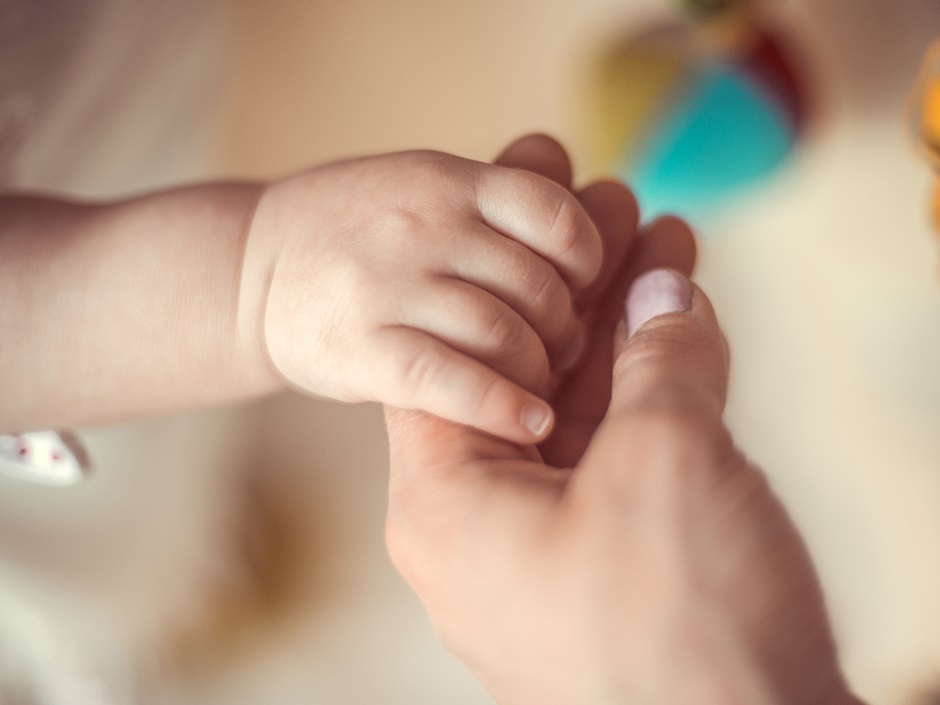Introduction:
Parenting, adoption, and surrogacy law can be difficult to understand, particularly for people or couples living in New Jersey. This thorough reference strives to offer a thorough understanding of the state’s pre-birth parentage orders, birth records, and adoption procedures, supported by statistics. Understanding your rights and obligations is essential whether you are a single parent, a heterosexual couple, or a same-sex couple. Let’s explore the data surrounding these subjects so that you may make wise selections.
Pre-Birth Parentage Orders:
Pre-birth paternity orders are indeed granted by New Jersey courts, enabling intended parents to establish their legal parentage before giving birth to a child. This holds true for a variety of situations, including married heterosexual couples using their own eggs and sperm, married heterosexual couples using an egg or sperm donor, unmarried heterosexual couples using donor gametes, and same-sex couples using donor gametes.
Recent data shows that between 2016 and 2020, New Jersey Family Courts issued an average of 80 pre-birth parentage orders year, giving intended parents legal recognition and facilitating a smooth transition into parenthood.
Venue and Results:
In New Jersey, venue is determined by the Chancery Division of the Family Court in the county where the expected birth will take place, the intended parent’s home county, or the gestational carrier’s home county. Fortunately, the outcomes are the same regardless of the location, ensuring uniformity and clarity in the legal procedure.

Hearing Requirements and New Jersey Vital Records:
Uncontested hearings frequently do not require the appearance of the parties involved, even if a hearing may be necessary to obtain a pre-birth order. However, they might be compelled to show up with their lawyers. The official position on whether New Jersey Vital Records honours pre-birth orders from other jurisdictions is still unclear. Legal professionals have reported anecdotal evidence that New Jersey Vital Records routinely accepts and upholds pre-birth orders from other jurisdictions, provided that the procedure and any written agreements do not violate the New Jersey Act.
Obtaining Birth Certificates:
A birth certificate can be obtained after delivery in various amounts of time. According to recent data, parents who visit the municipality in person should be able to get the birth certificate within a few weeks. The procedure might take several months, though, if they decide to have it transported from the state. Planning ahead and taking into account the best course of action for your situation are crucial.
Same-Sex Couples and Birth Certificates:
On the official birth certificate in New Jersey, same-sex parents are listed as “Parent and Parent.” In same-sex relationships, this progressive strategy guarantees that both parents receive equal respect. Obtaining an initial birth certificate, however, can be trickier for foreign same-sex male couples.
Recent studies show that the processing period for foreign same-sex male couples who sought a post-birth order to have the biological father listed on the original birth certificate ranged from 4 to 6 months. Additionally, extra processes including acquiring a court order or legal papers may be necessary for foreign same-sex male couples who want a future birth certificate stating both fathers without mentioning the Gestational Carrier.
Second Parent & Stepparent Adoptions in New Jersey:
The courts do permit stepparent or second parent adoptions for couples who reside in New Jersey. Both same-sex and heterosexual partners must adhere to this. Marriage is not a prerequisite for same-sex couples, but it does affect heterosexual partners’ ability to be married. Recent research shows that, if unmarried, it takes, in addition to the background check, on average, 2 to 3 months to complete a home study for a second parent adoption. The procedure is eased if the pair is married and want to adopt a stepparent, as only a background check is required.
Egg & Sperm Donation:
In New Jersey, the rights of donors over the resulting eggs, sperm, embryos, or offspring are specifically covered by statutes and case law. In accordance with the New Jersey Gestational Carrier Agreement Act, a donor is anyone who provides gametes for assisted reproduction—intended parents who do so in accordance with a legal gestational carrier agreement are not considered donors.
Over 1,200 registered egg and sperm donors were in New Jersey as of 2020, per official records. These people are essential in assisting intended parents to achieve their parental goals while upholding the legal system that safeguards all parties.
Traditional Surrogacy in New Jersey:
The New Jersey Gestational Carrier Agreement Act expressly disallows conventional surrogacy. Case law, however, allows traditional surrogacy without payment in New Jersey without a prenatal consent to give up the kid. When this occurs, the intended parents must wait to pursue adoption until after the baby is delivered. It’s critical to acknowledge the importance of the Baby M case, a crucial Traditional Surrogacy ruling rendered in New Jersey more than 25 years ago that is still relevant today.
Conclusion:
The complexity of pre-birth parentage orders, birth certificates, and adoptions must be understood by anybody considering parenthood in New Jersey, whether an individual or a couple. You can make educated decisions and handle the legal processes with confidence by taking into account the details, information, and statistics offered in this manual. Keep in mind that it is always essential to speak with legal experts who focus on reproductive law in order to ensure compliance with current laws and to safeguard your parental rights.






